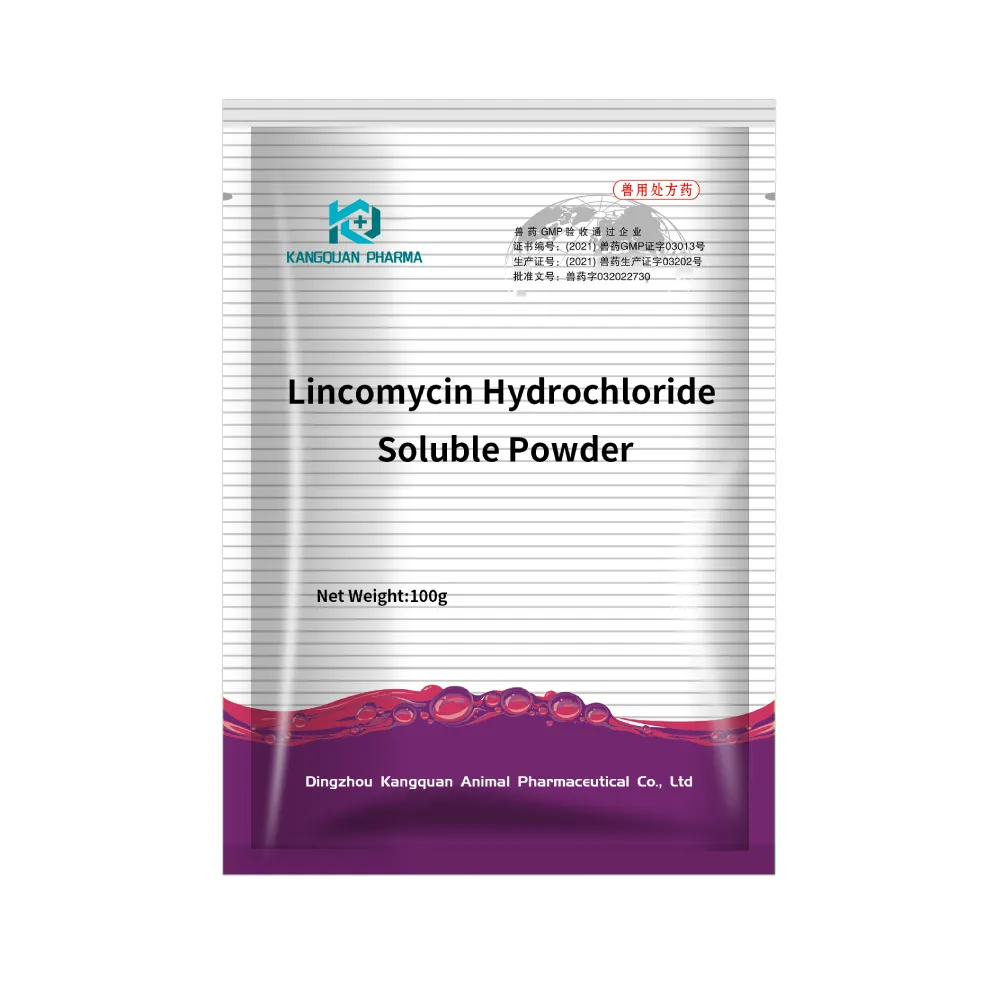- Afrikaans
- Albanian
- Amharic
- Arabic
- Armenian
- Azerbaijani
- Basque
- Belarusian
- Bengali
- Bosnian
- Bulgarian
- Catalan
- Cebuano
- Corsican
- Croatian
- Czech
- Danish
- Dutch
- English
- Esperanto
- Estonian
- Finnish
- French
- Frisian
- Galician
- Georgian
- German
- Greek
- Gujarati
- Haitian Creole
- hausa
- hawaiian
- Hebrew
- Hindi
- Miao
- Hungarian
- Icelandic
- igbo
- Indonesian
- irish
- Italian
- Japanese
- Javanese
- Kannada
- kazakh
- Khmer
- Rwandese
- Korean
- Kurdish
- Kyrgyz
- Lao
- Latin
- Latvian
- Lithuanian
- Luxembourgish
- Macedonian
- Malgashi
- Malay
- Malayalam
- Maltese
- Maori
- Marathi
- Mongolian
- Myanmar
- Nepali
- Norwegian
- Norwegian
- Occitan
- Pashto
- Persian
- Polish
- Portuguese
- Punjabi
- Romanian
- Russian
- Samoan
- Scottish Gaelic
- Serbian
- Sesotho
- Shona
- Sindhi
- Sinhala
- Slovak
- Slovenian
- Somali
- Spanish
- Sundanese
- Swahili
- Swedish
- Tagalog
- Tajik
- Tamil
- Tatar
- Telugu
- Thai
- Turkish
- Turkmen
- Ukrainian
- Urdu
- Uighur
- Uzbek
- Vietnamese
- Welsh
- Bantu
- Yiddish
- Yoruba
- Zulu
9 月 . 24, 2024 16:45 Back to list
Effective Treatments for Lungworm in Dogs and How to Eliminate It
What Kills Lungworm in Dogs?
Lungworm, primarily caused by the parasite Angiostrongylus vasorum, poses a significant health risk to dogs, especially those in certain geographic areas. This parasite can cause severe respiratory issues and other complications. Understanding how to treat and prevent lungworm is crucial for dog owners who want to keep their pets safe and healthy.
Understanding Lungworm Infection in Dogs
Lungworm is transmitted through the ingestion of infected slugs, snails, or their secretions. Dogs can also acquire lungworm by consuming infected rodents. Once ingested, the larvae migrate to the lungs and heart, where they can lead to inflammation, coughing, exercise intolerance, and respiratory distress. In severe cases, lungworm can even be fatal if left untreated.
Symptoms of Lungworm Infection
Identifying lungworm in dogs can be challenging as the symptoms often mimic other respiratory conditions. Common signs include
- Persistent cough - Lethargy - Difficulty breathing - Weight loss - Gastrointestinal issues such as diarrhea or vomiting - Swollen abdomen
If you suspect that your dog may be infected with lungworm, it is essential to consult a veterinarian for diagnostic testing and treatment options.
Treatment Options
The treatment of lungworm usually involves the administration of specific deworming medications that target the parasite. Commonly used medications include fenbendazole and emodepside. These medications help eliminate the lungworm larvae from your dog's system.
what kills lungworm in dogs

In cases of severe infection, additional supportive care may be necessary
. This could include- Antibiotics To address any secondary bacterial infections that may occur due to lungworm. - Anti-inflammatory medications To reduce inflammation in the lungs and alleviate coughing. - Support oxygen therapy In critical cases, providing supplemental oxygen to improve breathing may be required.
Prevention Strategies
Preventing lungworm infection is the best strategy to protect your dog. Here are some effective measures you can take
1. Regular Deworming Consult your veterinarian for a deworming schedule that includes treatments effective against lungworms. 2. Hygiene Practices Prevent your dog from eating slugs, snails, or rodents. Clean up any pet waste promptly, as it can attract infected wildlife.
3. Avoid High-Risk Areas Be cautious in areas known to have a high population of slugs and snails, especially during wet seasons.
4. Vaccination While there is no vaccine specifically for lungworm, keeping your dog vaccinated against other parasites can help reduce the overall parasitic load.
5. Regular Veterinary Check-Ups Routine check-ups allow for early detection and intervention should a lungworm infection occur. Your vet can recommend tests to check for the presence of lungworms, especially if your dog displays respiratory symptoms.
Conclusion
Lungworm infections can significantly impact a dog’s health, but with proper treatment and preventive measures, you can keep your furry friend safe from this dangerous parasite. Regular veterinary care, education on the parasite's transmission, and maintaining a clean environment are essential for the prevention of lungworm. Always consult your veterinarian if you notice any concerning symptoms or if you have questions about lungworm and its management in dogs. Keeping your dog healthy and free from lungworm is vital for a happy and active life.
-
The Power of Radix Isatidis Extract for Your Health and Wellness
NewsOct.29,2024
-
Neomycin Sulfate Soluble Powder: A Versatile Solution for Pet Health
NewsOct.29,2024
-
Lincomycin Hydrochloride Soluble Powder – The Essential Solution
NewsOct.29,2024
-
Garamycin Gentamicin Sulfate for Effective Infection Control
NewsOct.29,2024
-
Doxycycline Hyclate Soluble Powder: Your Antibiotic Needs
NewsOct.29,2024
-
Tilmicosin Premix: The Ultimate Solution for Poultry Health
NewsOct.29,2024













